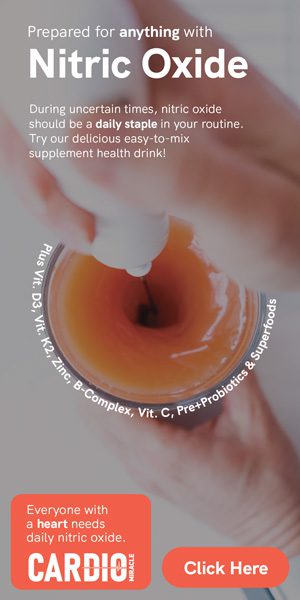Author’s Note: Not everyone is physically capable or living close enough to a disaster to help. Operation Ornaments is currently working to raise funds to support survivors of the firestorm in Lahaina Maui, Hawaii this Christmas. There is a GoFundMe page set up for this purpose at: https://www.gofundme.com/f/support-survivors-of-natural-disasters
Every donation helps no matter how small, and they are tax deductible! To learn more about Operation Ornaments please visit: https://www.facebook.com/groups/1130528510770698
With all the flooding and tornadoes in the news it seems it is a good time to address cleaning up after a disaster. There are tips to make your efforts more successful and safer as you serve.
When you are aiding in cleanup, assume nothing will be provided for you to use. Bring as much of your own equipment as possible.
What to Bring:
Number one: A positive attitude, a sense of humor and patience. This work will be hot and dirty and your muscles will ache but your spirits will soar as you serve others.
- Bring all you have to share.
- Brooms: especially push brooms.
- Chainsaw with fuel.
- Clothes pins for drying papers, photos, rags and clothing.*
- Disinfectants: Bleach and clean water and buckets to mix them or a commercial disinfectant.
- Dremel type tool for cutting dry wall.
- Fire extinguishers.
- First aid kits.
- Folding chairs. You will need breaks and so will the survivors.
- Folding tables. To sort and to hold equipment and tools.
- Hard hats.
- Insect repellant.
- Gloves medical: For delicate tasks.
- Gloves, rubber: For wet cleanup.
- Gloves, work: For hauling. Bring extra as people forget these. Gloves will also get coated with mud and become of less use so plan for more than one pair.
- N95 masks: purchase at pharmacy stores. Never get KN95.
- Notebook and pens: for inventory, making lists of items needed or to leave notes for those coming to check on you, including first responders.
- Paper towels and rags.
- Plastic bags: small and large resealable.
- Plastic bags: large trash.
- Pitch forks.
- Port-a-potty and TP.
- Radio: it’s good to stay informed. Purchase one with multi power options, solar, battery and/or plug in.
- Use for a clothesline, to create shade, or to haul items.
- Screen to use for sifting when looking for small items.
- Shade structures such as patio umbrellas and dining tents.
- Shovels: Flat are best.
- Socks: wet socks should be changed often.
- Medications for aches and pains.
- Tarps: good for covering salvaged items and to haul debris.
- Tool kits.
- Water, lunch and snacks for yourself and to share.
- Water for cleaning.
- Wet wipes: for when you take a break to eat or just to freshen up.
Disaster survivors are forgotten very quickly. The media interviews them and shows pictures of homes that were destroyed and a week later, they move on, and people forget there are families who will be grieving and trying to rebuild for years. Many times, as we deliver Christmas ornaments to survivors, they are still in hotel rooms and trailer or couch surfing a year or more after they lost everything.
“Prayers are answered … most of the time … by God using other people. Well, I pray that he’ll use us. I pray that we’ll be the answer to people’s prayers.” Jeffrey R Holland
For help in meeting all your self-reliance goals join Carolyn at http://facebook.com/TotallyReady or her blog. Help with weekly challenges for preparing and for storing food and more are available on both sites. Carolyn’s Totally Ready Emergency Binder is available to purchase and download at Totallyready.com and can be purchased complete or one section at a time.






















